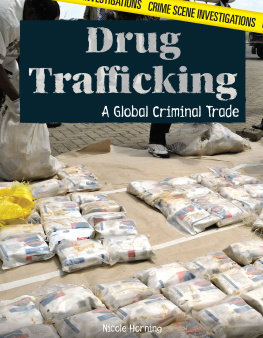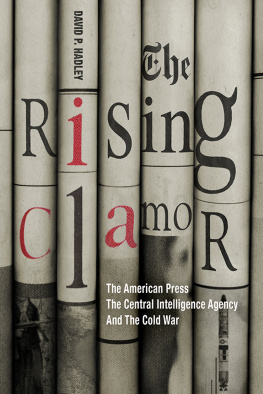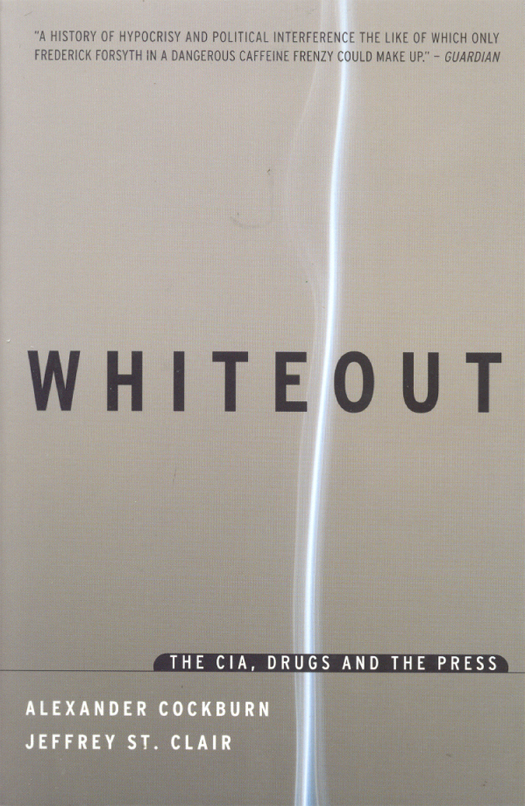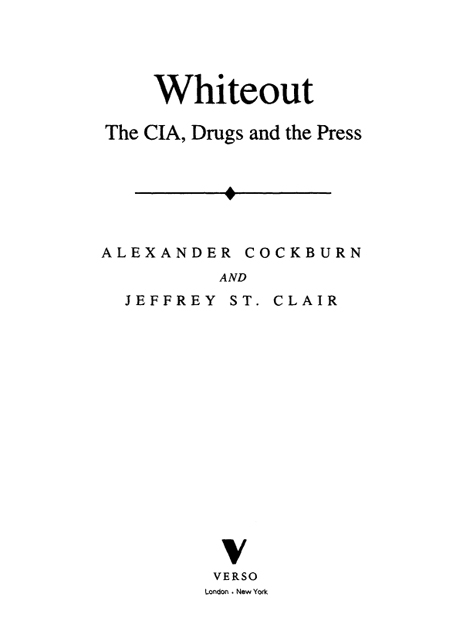Alexander Cockburn - Whiteout: The CIA, Drugs and the Press
Here you can read online Alexander Cockburn - Whiteout: The CIA, Drugs and the Press full text of the book (entire story) in english for free. Download pdf and epub, get meaning, cover and reviews about this ebook. year: 1999, publisher: Verso, genre: Detective and thriller. Description of the work, (preface) as well as reviews are available. Best literature library LitArk.com created for fans of good reading and offers a wide selection of genres:
Romance novel
Science fiction
Adventure
Detective
Science
History
Home and family
Prose
Art
Politics
Computer
Non-fiction
Religion
Business
Children
Humor
Choose a favorite category and find really read worthwhile books. Enjoy immersion in the world of imagination, feel the emotions of the characters or learn something new for yourself, make an fascinating discovery.

- Book:Whiteout: The CIA, Drugs and the Press
- Author:
- Publisher:Verso
- Genre:
- Year:1999
- Rating:3 / 5
- Favourites:Add to favourites
- Your mark:
Whiteout: The CIA, Drugs and the Press: summary, description and annotation
We offer to read an annotation, description, summary or preface (depends on what the author of the book "Whiteout: The CIA, Drugs and the Press" wrote himself). If you haven't found the necessary information about the book — write in the comments, we will try to find it.
With these two admisstions, Hitz definitively sank decades of CIA denials,?many of them under oath to Congress. Hitzs admissions also made fools of?some of the most prominent names in US journalism, and vindicated investigators?and critics of the Agency, ranging from Al McCoy to Senator John Kerry.
The involvement of the CIA with drug traffickers is a story that has?slouched into the limelight every decade or so since the creation of the?Agency. Most recently, in 1996, the San Jose Mercury News published a sensational?series on the topic, Dark Alliance, and then helped destroy?its own reporter, Gary Webb.
In Whiteout, Alexander Cockburn and Jeffrey St. Clair?finally put the whole story together from the earliest days, when the CIAs?institutional ancestors, the OSS and the Office of Naval Intelligence, cut?a deal with Americas premier gangster and drug trafficker, Lucky Luciano.
They show that many of even the most seemingly outlandish charges leveled?against the Agency have basis in truth. After the San Jose Mercury News?series, for example, outraged black communities charged that the CIA had?undertaken a program, stretching across many years, of experiments on minorities.?Cockburn and St. Clair show how the CIA imported Nazi scientists straight?from their labs at Dachau and Buchenwald and set them to work developing?chemical and biological weapons, tested on black Americans, some of them?in mental hospitals.
Cockburn and St. Clair show how the CIAs complicity with drug-dealing?criminal gangs was part and parcel of its attacks on labor organizers, whether?on the docks of New York, or of Marseilles and Shanghai. They trace how?the Cold War and counterinsurgency led to an alliance between the Agency?and the vilest of war criminals such as Klaus Barbie, or fanatic heroin?traders like the mujahedin in Afghanistan.
Whiteout is a thrilling history that stretches from Sicily in 1944 to?the killing fields of South-East Asia, to CIA safe houses in Greenwich Village?and San Francisco where CIA men watched Agency-paid prostitutes feed LSD?to unsuspecting clients. We meet Oliver North as he plotted with Manuel?Noriega and Central American gangsters. We travel to little-known airports?in Costa Rica and Arkansas. We hear from drug pilots and accountants from?the Medillin Cocaine Cartel. We learn of DEA agents whose careers were ruined?because they tried to tell the truth.
The CIA, drugs and the press. Cockburn and St. Clair dissect the shameful?way many American journalists have not only turned a blind eye on the Agencys?misdeeds, but helped plunge the knife into those who told the real story.
Here at last is the full saga. Fact-packed and fast-paced, Whiteout is? a richly detailed excavation of the CIAs dirtiest secrets. For all who ?want to know the truth about the Agency this is the book to start with.
Alexander Cockburn: author's other books
Who wrote Whiteout: The CIA, Drugs and the Press? Find out the surname, the name of the author of the book and a list of all author's works by series.








